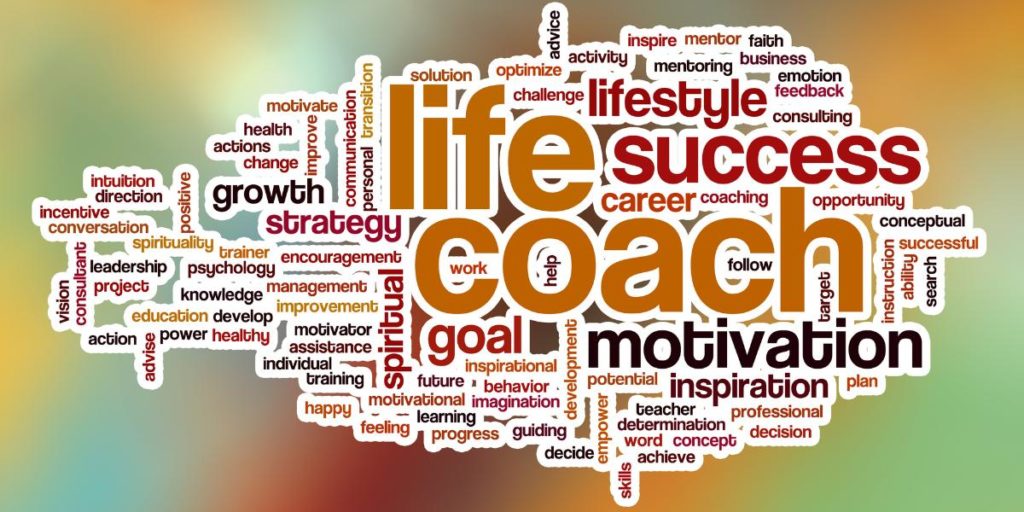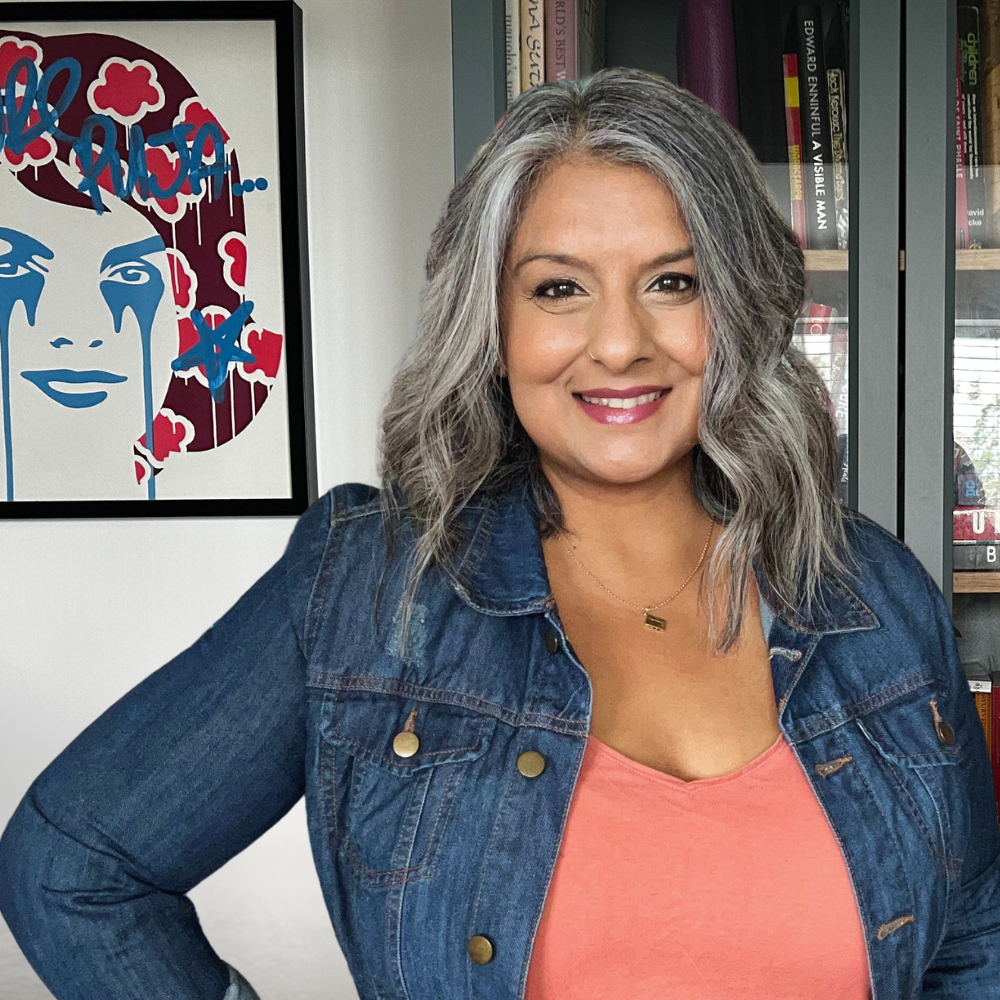
The Truth About Life Coaching
I’ve been a ‘Life and Business Coach’ all my life but I’ve only been a practicing coach since 2012. One of the biggest truths about life coaching is that those coaches who are excellent at what they do, have always been coaches in some way shape or form in their lives.
Training helps you with theory and learning important skills such as safe-guarding, approaching the client as a whole person, not giving advice etc. However, there is so much more that is innate to a coach that can’t be taught.
I have a gift where I can hear what’s not being said by my clients. As I get to know a client, I learn about who they are now, what their habits and behaviours are so that I’m more able to see when they’re not being honest with themselves or me. This can’t really be trained into you – although some try – but it’s inauthentic.
5 Truths about life coaching
1. Coaching expertise and niches
During my training, when we get to the ‘how to make coaching a business’ part, the tutor always mentions that we need to define a niche. Expertise is something that comes after a significant period of time in the same field, so I’d urge you to do your homework before working with an ‘expert.’
Let me tell you a secret. Coaching, is coaching. Across the board, coaches are applying the same theories and approaches to get a client from A to B. The only differentiations are the length of time they’ve been coaching, the variety of clients they’ve worked with and how much work they’ve done on themselves.
The rest is marketing (how they connect with you and your problems) and if you like them or not. Remember also the misconception about life coaching that suggests you need to have problems to work with a coach. You do not.
Athletes hire coaches to help them be the best, win the Olympics etc. So you don’t need to have a problem to work with a coach.
2. Awards in life coaching
You’ve probably come across the term ‘award-winning life coach.’ I’d like to offer you this: how is that award measured? Did they receive that award from their supervisor who submitted their nomination to an awarding party? Likely not.
Your best bet to know if a Life coach is worth their salt is to actually speak with them. Most coaches offer free discovery calls which is a two-way interview. The coach is seeing if they can help you, like you and want to work with you. You are seeing if the coach ‘gets you,’ if you like them and if you feel like you can trust them to guide you.
An award doesn’t tell you that. Awards merely tell you that the coach is raising their profile in their industry. Again, this doesn’t mean anything to you who wants coaching because (in most cases) their clients aren’t the ones who are voting.
3. Online coach vs coach
This one is very sensitive to me. Over the years I’ve figured out why it bothers me so much and it’s less about them and more about me.
I’m a therapeutic coach. I coach at a deeper level using a transformational methodology. The online coaches tend to be transactional coaches which means if you work with them in a programme, you’ll get a specific end result.
They might also talk about self-development topics but they will only be able to go a certain distance especially if the work they are doing is group-based.
Sometimes you don’t need to go super deep so an online coach can help you with a surface-level challenge. Be wary of qualifications, experience and their safe-guarding. Safe-guarding in this context is about knowing when a client may need a different level of support and then referring them, or knowing what to do if a client shares mental health issues.
You have to have your wits about you with online coaches. I’m not saying they’re all like this, I’m saying be aware of what you need and do your research.
4. Theory and Methodology
If you want to know about life coaching, this is where you should put your attention. Every coach will learn similar theories. We then apply those theories in our own way to help our clients achieve their goals. no matter the style or niche a coach portrays, coaching theory is coaching theory. HOW the theory is applied is where it’s different.
There are two main types of coaching: Transactional and Transformational.
Transactional coaching is helping you to go from A to B. It’s a more linear path.
Transformational coaching helps you to go from A to B but takes you deeper so that you can ultimately re-write your reality.
Not all coaches are transformational coaches. The types of feedback a transformational coach gets usually contain things like “the work was life-changing” “I never realised how much xyz” “I feel like a new person” etc.
5. Passive coaching doesn’t work
I’ll keep this one brief. Coaching through an app using AI, a pre-recorded video, a diary/journal/text book is passive coaching. Reading a book, listening to a podcast, watching a documentary, taking an online course is all passive coaching and doesn’t work.
Coaching requires the relationship between a coach and coachee because we are human beings that need the support of each other. A coach has the skills to get you from where you are now to where you want to be plus help you with the messy bits in-between. Coaching gets you to see what you can’t see for yourself and that’s why when you’re consuming the items above, expecting major shifts to occur, you find yourself in the same position.
I’ll leave you with this: How likely is it that Serena Williams could have been “considered among the greatest tennis players of all time” from passive coaching?


Hi, I’m Puja! I’m all about helping driven, purpose-led people create success that actually feels good—without losing themselves along the way.
I mix deep coaching with practical strategies and a soulful perspective to help you thrive in your work, life, and well-being.
This is where I share stories, ideas, and inspiration to spark bold thinking and a more meaningful way of living.
Discover more: SIMPLY WELLBEING SUBSTACK
Registered address: 3rd Floor, 86-90 Paul Street, London, EC2A 4NE
© 2025 Frankly Coaching Ltd.